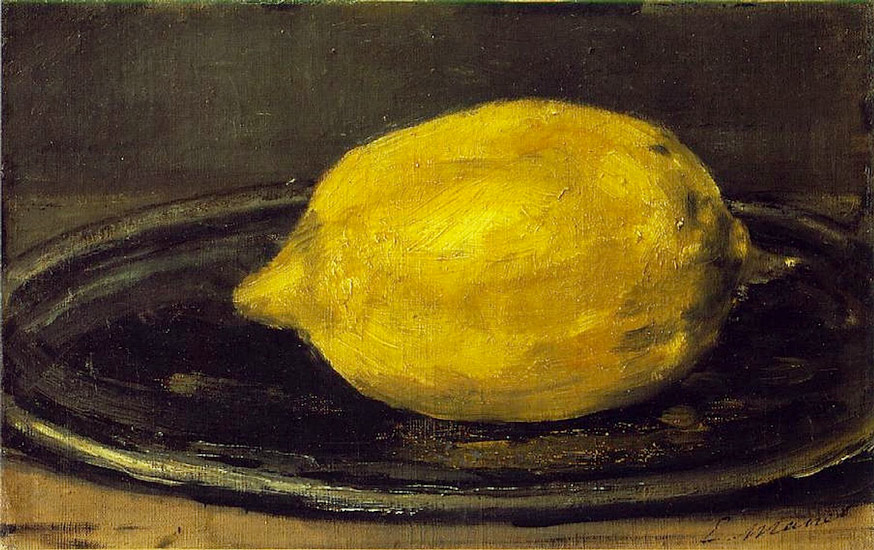The tree you saw in Spain is a tree I could never have seen in California…
(Citation)†

Dear Lorca,
I would like to make poems out of real objects. The lemon to be a lemon that the reader could cut or squeeze or taste — a real lemon like a newspaper in a collage is a real newspaper. I would like the moon in my poems to be a real moon, one which could be suddenly covered with a cloud that has nothing to do with the poem — a moon utterly independent of images. The imagination pictures the real. I would like to point to the real, disclose it, to make a poem that has no sound in it but the pointing of a finger.
We have both tried to be independent of images (you from the start and I only when I grew old enough to tire of trying to make things connect), to make things visible rather than to make pictures of them (phantasia non imaginari). How easy it is in erotic musings or in the truer imagination of a dream to invent a beautiful boy. How difficult to take a boy in a blue bathing suit that I have watched as casually as a tree and to make him visible in a poem as a tree is visible, not as an image or a picture but as something alive — caught forever in the structure of words. Live moons, live lemons, live boys in bathing suits. The poem is a collage of the real.
But things decay, reason argues. Real things become garbage. The piece of lemon you shellac to the canvas begins to develop a mold, the newspaper tells of incredibly ancient events in forgotten slang, the boy becomes a grandfather. Yes, but the garbage of the real still reaches out into the current world making its objects, in turn, visible — lemon calls to lemon, newspaper to newspaper, boy to boy. As things decay they bring their equivalents into being.

Things do not connect; they correspond. That is what makes it possible for a poet to translate real objects, to bring them across language as easily as he can bring them across time. The tree you saw in Spain is a tree I could never have seen in California, that lemon has a different smell and a different taste, BUT the answer is this — every place and every time has a real object to correspond with your real object — that lemon may become this lemon, or it may even become this piece of seaweed, or this particular color of gray in this ocean. One does not need to imagine that lemon; one needs to discover it.
Even these letters. They correspond with something (I don’t know what) that you have written (perhaps as unapparently as that lemon corresponds to this piece of seaweed) and, in turn, some future poet will write something which corresponds to them. That is how we dead men write to each other.
Love,
Jack
†From Jack Spicer, After Lorca (San Francisco: White Rabbit Press, 1957).
At Berkeley Spicer studied linguistics, finishing all but his dissertation for a PhD in Anglo-Saxon and Old Norse. In 1950 he lost his teaching assistantship after refusing to sign a “loyalty oath” to the United States…


